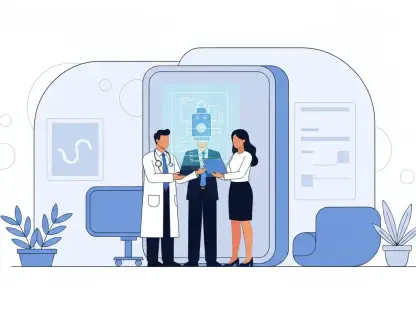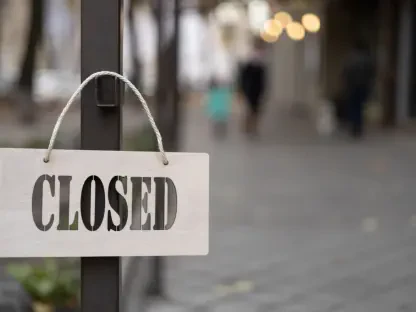Across Chicago, a pink van is becoming a beacon of hope and wellness. How can such a simple vehicle play such a crucial role in mental health care? One in five adults in America experiences mental health issues annually, yet many lack accessible and affordable support. Now imagine a mobile sanctuary, offering immediate help and hope right in your neighborhood.
Breaking Barriers in Mental Health Care
The mental health crisis is an ongoing issue, amplified by barriers such as stigma, affordability, and accessibility. These barriers are even more pronounced among women, who often face additional challenges in seeking support. In urban environments and underserved communities, the need for innovative mental health solutions is clear and pressing. Finding effective ways to bring mental health services to those who need them most has become a priority. This is where Curbside Compassion, a service founded by Sarah Taylor, enters the scene with a novel approach.
The Pink Van and Its Unique Offerings
Curbside Compassion uses a distinctive pink van to deliver mental health care directly to communities. The van is equipped with cozy seating and calming decor, providing a welcoming environment for women to receive support. This initiative focuses on mental health care, domestic violence advocacy, and emotional support tools, offering free 15-minute sessions with clinicians. Each session allows individuals to unload, listen, re-evaluate, and begin to heal. Additionally, Kris Christian of Chicago French Press collaborates to offer coffee and tea, further enhancing the sense of a supportive environment. This partnership highlights the community-focused nature of Curbside Compassion, aiming to create spaces where individuals feel safe and supported.
The Vision of Sarah Taylor
Sarah Taylor, the founder of Curbside Compassion, envisions a world where mental health care is accessible to everyone, right where they live. Taylor believes that immediate, localized support can make a significant impact on individuals’ lives. Her efforts have already garnered national recognition, coinciding with observances such as National Mental Health Awareness Month. Feedback from attendees has been overwhelmingly positive. Many have shared stories of how these brief sessions have provided much-needed relief and a path toward further support. These real-world applications underscore the importance and effectiveness of such an innovative approach.
Practical Insights and Future Prospects
Curbside Compassion provides valuable tools and techniques for emotional support, helping individuals cope with daily challenges. It also engages neighborhoods, securing local partnerships to strengthen the initiative’s impact. Accessing services is straightforward, with more information available at yosoyella.org. Looking ahead, there’s a visible potential for expanding this mobile mental health model to other cities and communities. Scaling such an initiative could provide crucial support to many more individuals, fostering a broader culture of mental wellness.
Conclusion
Curbside Compassion demonstrates how a simple idea can bring profound changes in mental health care. By delivering services directly to communities in need, it breaks down barriers of stigma and accessibility, offering immediate and impactful support. As the initiative plans to expand, it paves the way for similar approaches nationwide, transforming mental health care into a more accessible and compassionate practice.









